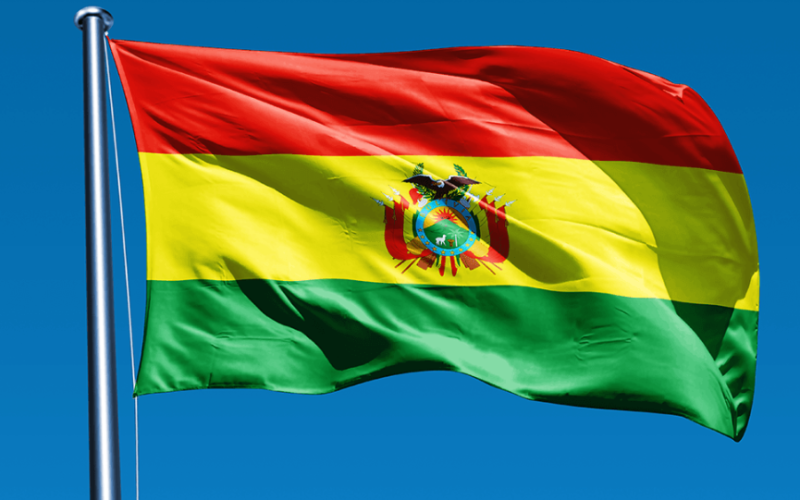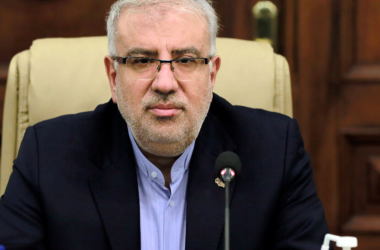Bolivia’s government has announced its decision to cut diplomatic ties with Israel in response to Israel’s ongoing military operations in Gaza. The move comes as human rights organizations raise concerns about civilian casualties and a deteriorating humanitarian situation in the region.
Bolivian Deputy Foreign Minister Freddy Mamani expressed the government’s condemnation of what it termed the “aggressive and disproportionate Israeli military offensive in Gaza,” emphasizing its perceived threat to international peace and security. Bolivia’s Minister of the Presidency, María Nela Prada, went further, describing Israel’s actions as “crimes against humanity” and calling for an immediate ceasefire.
Following Bolivia’s decision, Chile and Colombia also made announcements regarding their diplomatic relations with Israel. Chile’s Foreign Ministry criticized Israel for what it deemed violations of humanitarian law, comparing its military operations to a “collective punishment of the Palestinian civilian population in Gaza” and accusing Israel of disregarding fundamental norms of international law. Colombia expressed its “strongest rejection” of Israel’s actions in Gaza, deeming the situation “intolerable.” The strained relationship between Colombia and Israel had been exacerbated in recent weeks when Colombia’s president made controversial remarks comparing Israel’s actions to those of the Nazis and refusing to condemn Hamas’s attacks, leading to Israel’s suspension of security exports to the country.
The decision by these South American nations comes in the wake of Israeli airstrikes that hit a densely populated refugee camp in Gaza, resulting in a high number of casualties, according to the Gaza Health Ministry and the director of Gaza’s Indonesian Hospital. International human rights organizations have consistently raised alarms about Israel’s military campaign in Gaza, which has resulted in a siege on the territory, limiting access to food, water, fuel, and electricity. The United Nations children’s agency recently described Gaza as “a graveyard for thousands of children” and a “living hell for everyone else.”
Responding to Bolivia’s decision, Israel’s Foreign Ministry characterized it as “a surrender to terrorism” and accused the Bolivian government of aligning itself with Hamas. Israel has consistently maintained that its military operations target Hamas infrastructure and leadership while accusing the militant group of using civilians as human shields.
With this diplomatic move, Bolivia joins a small group of Latin American countries that do not maintain official diplomatic relations with Israel. Cuba severed its ties with Israel in 1973, influenced by pressure from Arab nations, while Venezuela cut its diplomatic relations with Israel in 2009 during Israel’s military offensive in Gaza. Bolivia had previously terminated its relationship with Israel in 2009 under leftist President Evo Morales but resumed diplomatic ties in 2019 under a right-wing interim president. The decision to cut ties underscores the ongoing complexity of the Israeli-Palestinian conflict and the international community’s differing stances on the matter.








